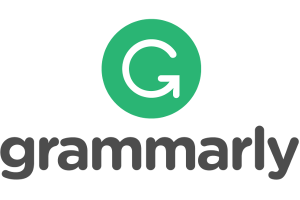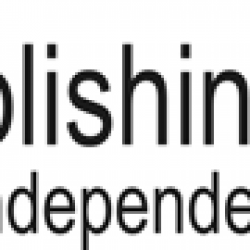
THREE PROVEN SOLUTIONS TO SELF-PUBLISHING CHALLENGES
As a self-published author, you’re faced with a seemingly endless array of tasks. Although self-publishers are blessed with the freedom to do things their own way, they’re also cursed with a lot of responsibility. Naturally, due to the range of tasks a self-published author must perform, there are some skills they will find they lack in compared to others.
However, if you’re facing a problem with your self-publishing, chances are many others have faced it before you.
Today I’d like to share three proven solutions to some of the most common issues I see crop up time and time again.
Suitable Software For Longer Projects
If you’ve ever tried to write, edit, and export a full-length book project using a standard writing tool such as Google Docs or MS Word, you’ll likely know how frustrating it can be.
Standard writing software was designed with the average office worker in mind. It wasn’t really intended to handle the unique challenges of writing a full book.
I’m an advocate for using specialist book writing software. A range of free and paid options exist for both Mac and Windows users.
Some of the benefits that come with using specialist book writing software include –
- Software designed to handle chapters and scenes. Easily rearrange and edit your work.
- VIsual storyboard features to get a visual overview and plan of your book project.
- Ability to set and track word count writing targets.
- Easier to manage and track drafts
- Options to format your work and export it in the right file format for your chosen ebook marketplaces
Although there is a learning curve that comes with making the switch to a specialist writing tool, I truly believe it will save you a lot of time and frustration in the long run.
My personal pick is Scrivener, as I love the fact that it comes with a free trial, has awesome community features such as Scrivener templates, and is even favored by pro writers such as Michael Hyatt.
Avoid Embarrassing Grammatical Mistakes
Let me say this clearly before I attract hate in the comments. There is no substitute for a talented human editor.
However, not all of your writing will warrant the attention or cost of an editor. For example, if you’re publishing an author blog post, or sending out a message to your mailing list, you won’t want to trouble your editor.
 At the same time, you want to avoid any spelling or grammar mistakeswhich will distract from your message and harm your credibility as a writer.
At the same time, you want to avoid any spelling or grammar mistakeswhich will distract from your message and harm your credibility as a writer.
For such situations, I’m a big fan of Grammarly. The free version is plenty powerful enough for everyday texts such as those I mentioned. You can check out my full Grammarly review if you’re interested in learning more. Needless to say, it’s saved my back a few times!
No matter which grammar checker you end up going with, you give yourself the freedom and peace of mind to write without self-editing. You know your chosen app will catch your errors so you can write freely and without worry.
Fill Gaps In Your Knowledge
Do you ever feel that self-publishing is a rapidly shifting industry where it’s difficult to keep track of the latest and best information?
Even worse, many less than reputable people look to take advantage of people’s naivety and sell them overpriced products and services. People already accept there’s a cost to self-publishing, so they often aren’t as sceptical as they should be when forking out their cash.
I’m a big believer in taking an independent approach to education and staying on top of things in self-publishing. My tip is to find a few trusted sources of information, such as blogs and podcasts, and focus on those. This allows you to stay current without experiencing information overload.
Some proven ways to continuously educate yourself in self-publishing include –
- Listen to the best self-publishing podcasts. This allows you to make the most of your commute or workout to increase your knowledge.
- Take the time to understand who your readers really are. This allows you to focus on only the self-publishing info which will work with your market.
- Focus your blog reading time on actionable information, and limit yourself to half an hour a day. This ensures you actually focus on information that will be of practical use.
It’s important to strike a balance between acquiring information and putting it to use. Spending hours reading blogs can feel productive, but it’s actually a form of procrastination.
Final Thoughts
Hopefully you’ve identified a solution to a struggle you’ve faced.
No matter what the problem you’re facing as a self-publisher happens to be, it’s essential to always keep the following two things in mind –
- Someone has faced it before you
- There’s a solution out there if you take the time to seek it
It can be easy to lose your motivation when you face a challenge or roadblock.
However, stay positive. With the right attitude, you can overcome any problem, and quickly get back to creating and sharing the books you love.
 About the author: This is a guest post by Dave Chesson. He teaches authors advanced book marketing tactics at Kindlepreneur.com. His most recent project is the Book Marketing Show, Dave’s contribution to the world of publishing podcasts. He is also the creator of the leading Kindle research and advertising software, KDP Rocket.
About the author: This is a guest post by Dave Chesson. He teaches authors advanced book marketing tactics at Kindlepreneur.com. His most recent project is the Book Marketing Show, Dave’s contribution to the world of publishing podcasts. He is also the creator of the leading Kindle research and advertising software, KDP Rocket.





